As it has been for centuries, the arrival of a new generation into the workforce brings in new uncertainties and challenges for employers. Up until a couple of decades ago, employers generally understood and could expect that a new, inexperienced workforce must adapt to the industry it enters to perform well. Today, however, many executives are concerned that the relationship has been reversed and that, given the labor shortage and the challenges of attracting entry-level workers, the tables have turned, and now industries must adapt to the expectations of the entering workforce to thrive.
This change has had a negative stigma attached to it. Gen Z workers are seen as too demanding, even as they enter entry-level jobs with little to no experience. However, with new challenges come new opportunities. Rather than being wary or frustrated with the Gen Z workforce, understanding them could offer a much more positive workplace relationship and could benefit the company. Here are the biggest factors an employer needs to understand to build a positive relationship with Gen Z workers.
COVID Changed Everything
In order to adapt to coronavirus, Americans had to shift their work habits to an online environment. Save for essential workers, Americans had to do their jobs from home on a computer, separated from their employers and usual worksites. The bulk of Gen Z transitioned into adulthood during this period. For over a year, their school, college, and work experience happened through a computer screen, and this had a lasting effect on how they understand work ethics. Gen Z workers have become much less partial to a fully in-person or remote work schedule, favoring a hybrid work schedule. This has been a tough ask for some companies, as the end goal of most companies post-COVID has been to fully return to the workplace. However, the data is clear: those who keep the hybrid model have actually seen more positive results. “For the foreseeable future, the dominant working arrangement will likely be hybrid, offering a compromise that provides career-minded individuals with remote flexibility while addressing employer concerns about productivity,” according to Tracy Power at HR Executive.
Gen Z Isn’t Technology-Obsessed, They’re Technology-Familiar
As AI becomes more integrated into the workplace, it has become increasingly practical to be familiar with the various ways AI is used, and since Gen Z has proven to be the most familiar with AI technology, this makes them increasingly valuable to employers. And it isn’t just AI. Gen Z has proven to be quick learners with the use of new technologies as they roll out. According to Lin Grensing-Pohpal at SHRM, “Generation Z, the youngest cohort now in the workforce, is known to be an extremely tech-savvy generation.” However, this familiarity with new technology brings a heightened concern about its ethical applications among younger generations. In a report done by Rhea Kelly at Technical Horizons in Education Journal, 64 percent of Gen Z participants claim they use AI in work, but 59 percent also believe AI will negatively impact society, with the main area of concern being how AI will be used to invade privacy and replace workers.
Gen Z Are More Demanding Of An Ethical Work Environment
When you mention the words Gen Z and work ethics alongside each other, employers shudder. Most articles on the subject paint Gen Z as difficult and demanding. However, while some reports may paint Gen Z in that light, employers can also view these aspects more positively. In a survey done by ResumeBuilder, 74% of employers claim Gen Z workers are the most challenging generation to work with, but at the same time, they claim that they are incredibly innovative and adaptable. To quote Haribo marketing director, Adam Garfield, “[Gen Z] are not afraid to challenge the status quo and bring new ideas to the table. They also value authenticity and transparency and expect companies to be socially responsible and ethical.” (Jovanovska, Shortlister)
Communication Is Key To Engagement
Just as much as any other generational workforce, Gen Z requires clear and consistent communication with the company in order to work effectively. What differs between Gen Z and previous generations is not communication in general or lack thereof, but the specific methods of communication. As Gen Z has grown up with social media and texting as a main form of communication, their communication skills have developed to be much shorter and to the point. This less formal style of communication has often bled into the workplace. A study on Gen Z workers by Corporate English Solutions found that Gen Z workers often prefer instant messaging over emails, with short texts that contain fragmented sentences and abbreviated words. In many situations, this leads to much less formal communication between Gen Z workers and their employers. However, coaching and setting workplace communication expectations can easily overcome this obstacle.
High Standards Due To Higher Education
An employer will often hear that one of the worst aspects of Gen Z workers is that they have higher standards when it comes to job searching. They’ll often search for higher pay and better benefits than their experience or education may warrant. And while some hiring managers would view this as “spoiled’ behavior, it is, in fact, the exact opposite. According to Doctor Alan Dennington at TimelyCare, Gen Z is on track to become the highest educated generation, with a higher graduation rate and lower dropout rate than all previous generations. In turn, Gen Z workers will value their education experience in order to apply it to a career they worked hard to pursue in academia.
The idea of newer generations being difficult to work with is a tale as old as time. Even Socrates complained that “Our youth love luxury. They have bad manners and despise authority. They show disrespect for their elders and love to chatter instead of exercise. Young people are now tyrants, not the servants of their household.” New generations will always bring new challenges to the table as much as they will bring new benefits. What separates successful employers from their peers is how they choose to tackle those challenges and benefit from their youngest workers.
By Henry St. John, Gen Z Content Contributor






